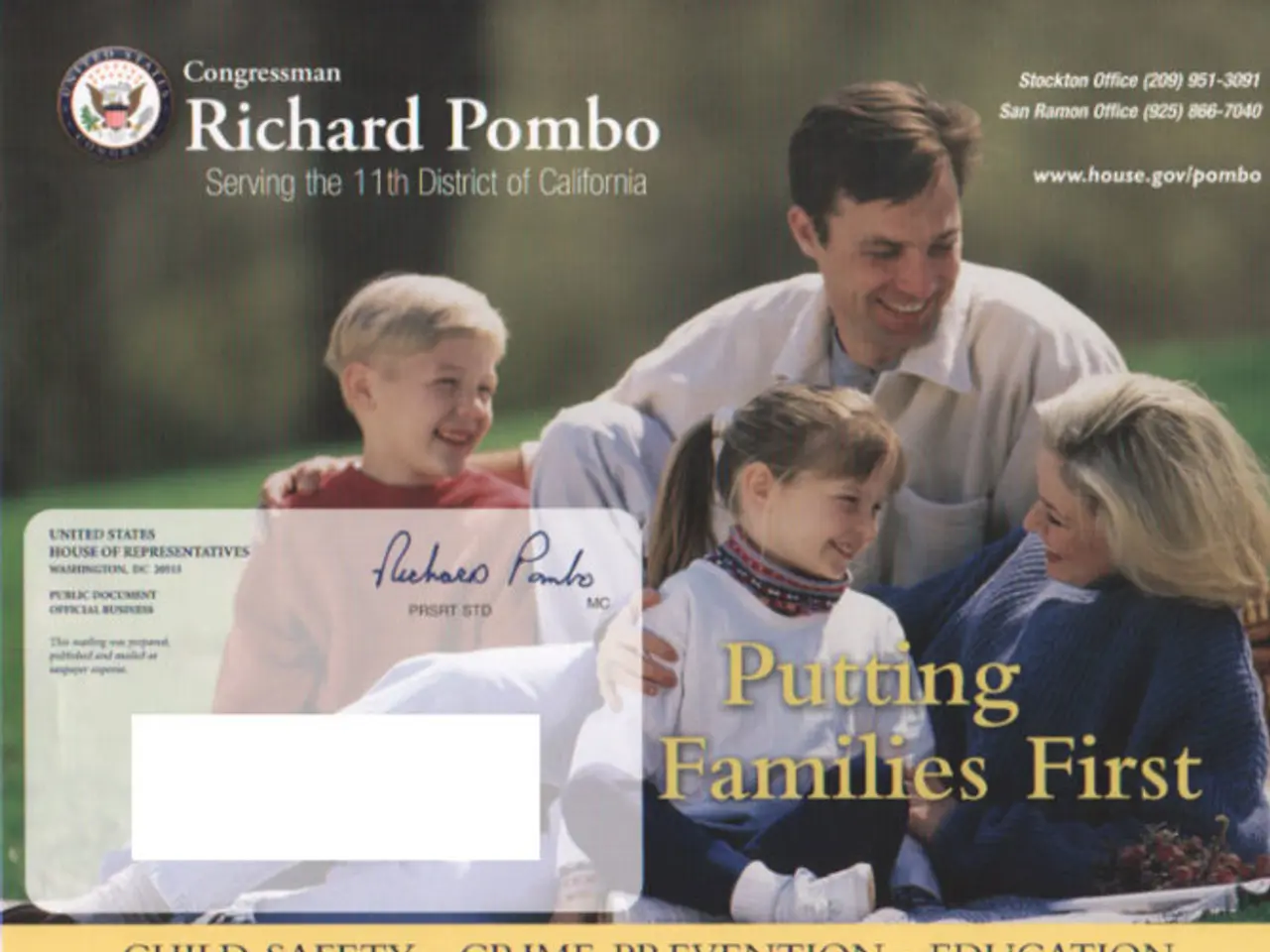TikTok Accountants on the Rise: Are Financial Tips Valuable or Deceptive?
In the digital age, social media has emerged as a powerful platform, connecting a diverse range of experts and audiences, including young professionals, women, accountants of color, and many more. This newfound connectivity extends to the financial realm, where small-business owners and gig workers can find a wealth of information on platforms like TikTok and Instagram.
However, the speed and simplicity of social media financial advice can sometimes come at a cost. Misinformation about finance can potentially lead to financial issues for those who rely on this advice. To address this concern, strategies focusing on education, transparency, compliance, and engaging, authentic storytelling are crucial.
Educational Content
Prioritising value-adding content that explains financial concepts clearly and simply is key. Short tips, infographics, reels, or explainer videos focused on relevant topics like cash flow, taxes, or credit management can help build trust and position creators as knowledgeable sources.
Transparency and Compliance
Clearly disclosing credentials, certifications, or affiliations is essential to establish authority. Inclusion of risk warnings or disclaimers when discussing investments or financial decisions, and ensuring content abides by platform regulations and advertising standards, are also important for maintaining credibility.
Humanizing and Storytelling
Using behind-the-scenes stories, customer testimonials, and success stories that resonate emotionally with the audience can foster connection and authenticity. Showing the human side of finance businesses or creators can make financial topics more relatable.
Consistent and Planned Posting
Maintaining a well-planned content calendar with consistent posting helps build reliability and sustained trust. Using analytics to understand what content resonates most and refining the approach accordingly is also beneficial.
Engagement and Community Management
Actively engaging with followers by responding to comments and questions is important. Moderating conversation to address misinformation or spam helps uphold a trustworthy environment.
Format Adaptation
Leveraging platform-specific formats such as TikTok’s short videos or Instagram’s reels and stories can make complex financial ideas visually appealing and easy to understand.
Use of Experts and Thought Leadership
Incorporating insights and commentary from credible financial experts can boost authority. Monthly market outlooks or Q&A sessions with specialists can provide valuable, trustworthy content.
By adopting these practices, small-business owners and gig workers can access reliable, trustworthy financial content that is useful for managing their finances and making informed decisions.
While no single approach guarantees full credibility, combining educational rigor, transparency, compliance, authentic storytelling, and responsive engagement significantly raises the trustworthiness of financial content on TikTok and Instagram. The trend of financial content on social media is popular among freelancers, creators, and small-business owners, and the rise of financial content creators is pushing traditional firms and CPAs to evolve and modernize. As more accountants share honest, useful advice on social media platforms, correcting myths, explaining deductions, and building trust with their audience, the future of financial education looks promising.
Bryce Welker, a highly regarded accountant and educator, leverages social media platforms like TikTok and Instagram to share his expertise in finance and business. He often creates short, informative videos on topics such as cash flow, taxes, and credit management, helping small-business owners and gig workers navigate complex financial concepts.
In an effort to maintain credibility and transparency, Bryce consistently discloses his credentials and affiliations. He also includes risk warnings and complies with platform regulations and advertising standards.
By using authentic storytelling, Bryce connects with his audience on an emotional level, making financial topics more relatable. His approach to financial education, which combines educational rigor, transparency, and engaging storytelling, has earned him recognition as a trusted source in the world of finance-and-self-development.




